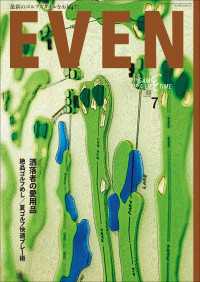Full Description
As researchers tried to prompt his mother to say that her ancestors lived in wigwams or teepees, Matthew L. M. Fletcher's mother insisted her ancestors lived in stick houses. From the opening lines of Fletcher's story collection, he sets the scene to disrupt narrative stereotypes and expectations about how Indigenous people are perceived. He provides insight into the complex world in which Anishinaabe people live, stripped of the ownership of much of their homeland. In Stick Houses, Fletcher explores what this loss of place has meant to the Anishinaabe people of Michigan. It explores how they must leave and come back. There is dispossession and separation, but there is also reunion and restoration.
These stories explore themes of home and belonging, and how Native people are not just one thing; they are both Native and non-Native blood. Some are deeply connected to their Anishinaabe heritage, while others have suffered a complete loss of their culture. Many Native people are conflicted about their background and suffer intergenerational trauma. These stories originate in dynamic environments and situations such as airports, college, Indian lawyering, and high school baseball games.
Contents
Contents
Preface
Truck Stop
Knuckle-Curve
Badder Road
Ten-Year Visit
The Village by the Sea
Gram
Boss Gorton
Sarah's Sister
The Chain Gangs
The Sons of Leopold
Acknowledgments






